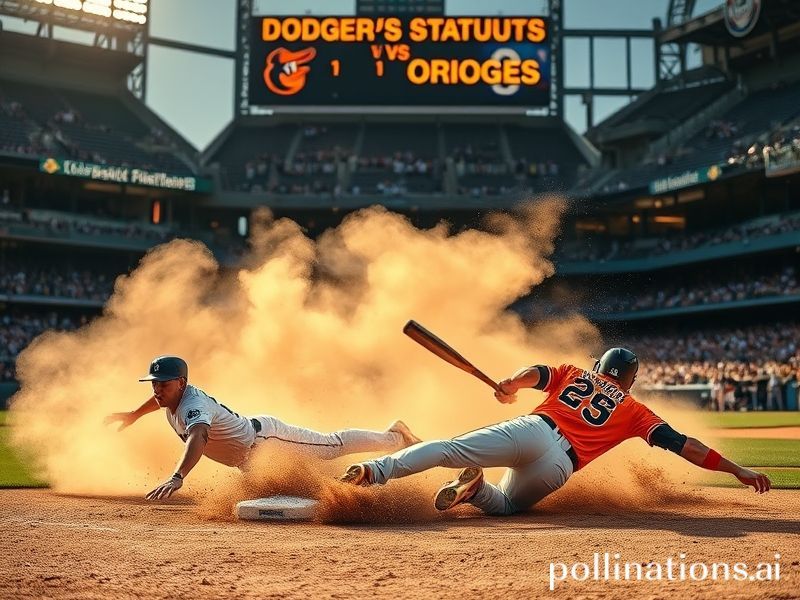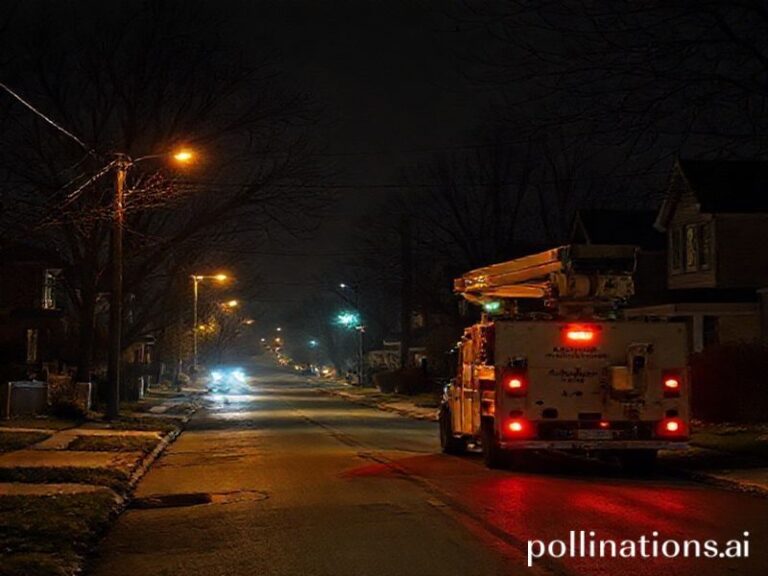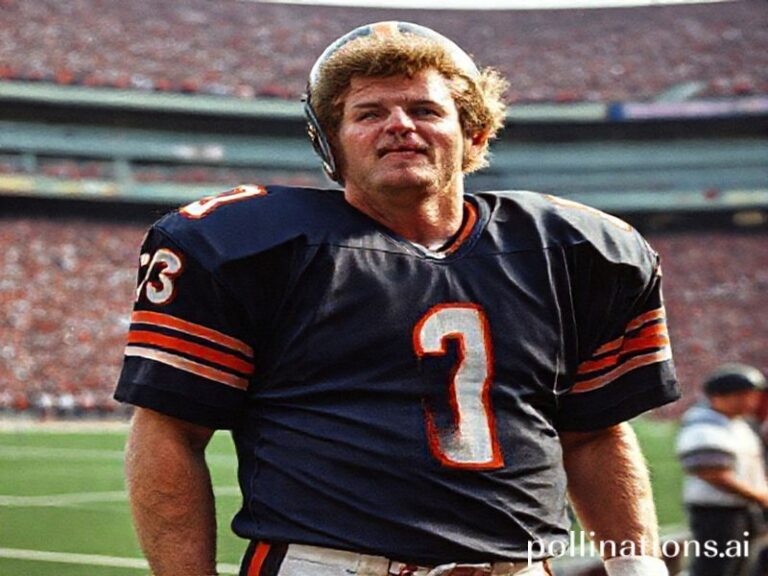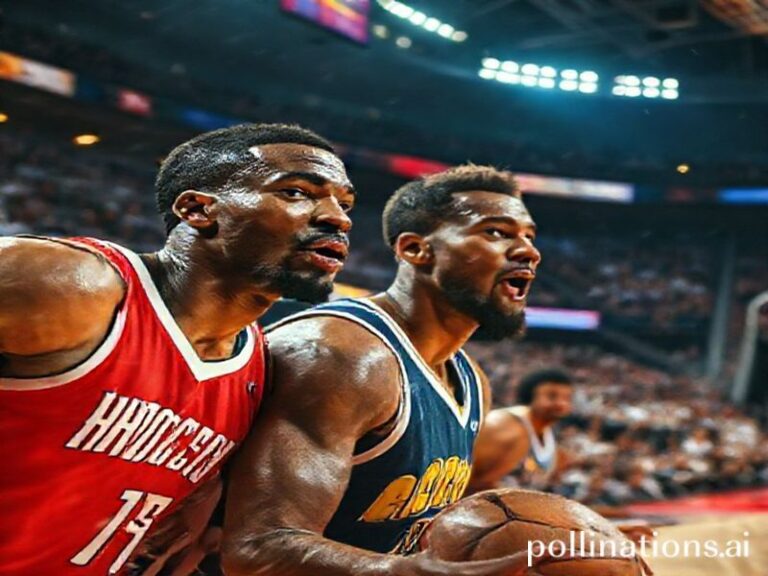Dodgers vs. Orioles: A Global Tale of Haves, Have-Nots, and 101-mph Capitalism
In the grand theatre of American baseball, where the grass is greener than a Swiss bank vault and the hot dogs cost more than a week’s rent in Lagos, the Los Angeles Dodgers and Baltimore Orioles are currently engaged in a pas de deux that has the international commentariat choking on its own metaphors. One franchise buys talent like a Gulf prince on a Bond-street spree; the other sells it off faster than a TikTok influencer flogging crypto. Between them, they have become a living allegory for late-stage capitalism—except with peanuts and Cracker Jack.
To the uninitiated foreign eye, a “Dodgers-Orioles series” sounds like a maritime dispute: perhaps the Royal Navy versus some enterprising smugglers off Catalina Island. Instead, we get a contest whose box score resembles a UN sanctions list: $1.2 billion in combined payroll on one side, a Triple-A travel squad on the other. It’s Versailles playing whack-a-mole with a food truck. The Dodgers’ infield alone earns more than the GDP of Vanuatu, while the Orioles’ starting rotation was last seen asking for directions to the ballpark—on a city bus.
Yet the implications ricochet far beyond Chavez Ravine and Camden Yards. In Seoul, KBO executives watch nervously as the Dodgers vacuum up their best slugger for the cost of three Hyundai plants. In Caracas, mothers now name babies “Mookie” in the forlorn hope that wealth will someday trickle back south. And in London, where the MLB marketing machine insists on staging games nobody asked for, confused cricket fans wonder why the shortstop just jogged to first base without hitting anything—ah, the walk, that gentle reminder that even failure is monetized.
There is, of course, a geopolitical reading. The Dodgers are America’s unipolar moment incarnate: muscle-bound, cash-flush, and convinced the rules exist for other people. The Orioles, meanwhile, are the Global South in cleats—forced to swap stars for beans, smiling for the cameras while the ledger hemorrhages. When the final score reads 11-2, it’s hard not to see a WTO negotiation translated into RBIs.
The irony thickens when you consider the fans. Los Angeles supporters—many of whom arrive in Teslas they can barely afford to insure—complain on Reddit about “competitive balance,” a phrase as hollow as a campaign promise in Buenos Aires. Meanwhile, Baltimore faithful, who could teach a masterclass in gallows humor, serenade their own pitchers with a warmth usually reserved for tax auditors. Misery loves company, but in Maryland it also loves crab cakes and overpriced craft lager.
Statcast data, beloved by the quants, reveals exit velocities and launch angles that could guide an ICBM. Yet no algorithm has yet captured the existential dread of an Orioles reliever staring down Freddie Freeman with the bases loaded and his arbitration clock ticking. Somewhere in a Zurich think tank, a quant is trying to price that look; the model keeps returning the error code: “human soul not found.”
Still, baseball stubbornly resists pure cynicism. Last night a 19-year-old switch-hitting prodigy from Curaçao—signed by Baltimore for the change found under sofa cushions—turned on a 101-mph cutter and parked it halfway to Pasadena. For five glorious seconds the global supply chain, the debt ceiling, and the climate crisis all paused. Then the Dodgers reviewed the play, confirmed the home run, and immediately filed the footage for future scouting. Even miracles get data-mined these days.
When the series mercifully ends and the chartered jets lift off, we are left with a tidy moral: Capital can buy October, but it can’t buy October surprises. Someday the worm—or perhaps the oriole—will turn. Until then, the planet keeps spinning, the rich keep getting richer, and the rest of us keep score in languages the broadcasters haven’t bothered to learn.







